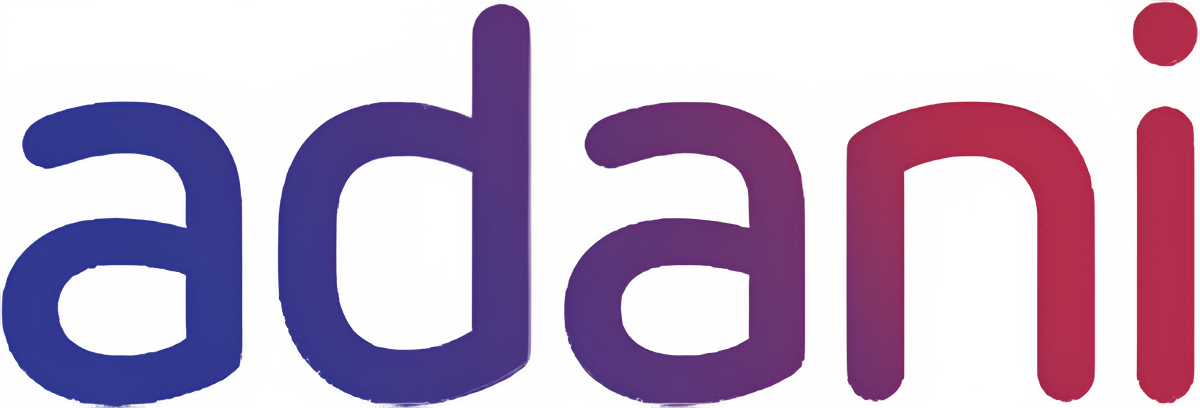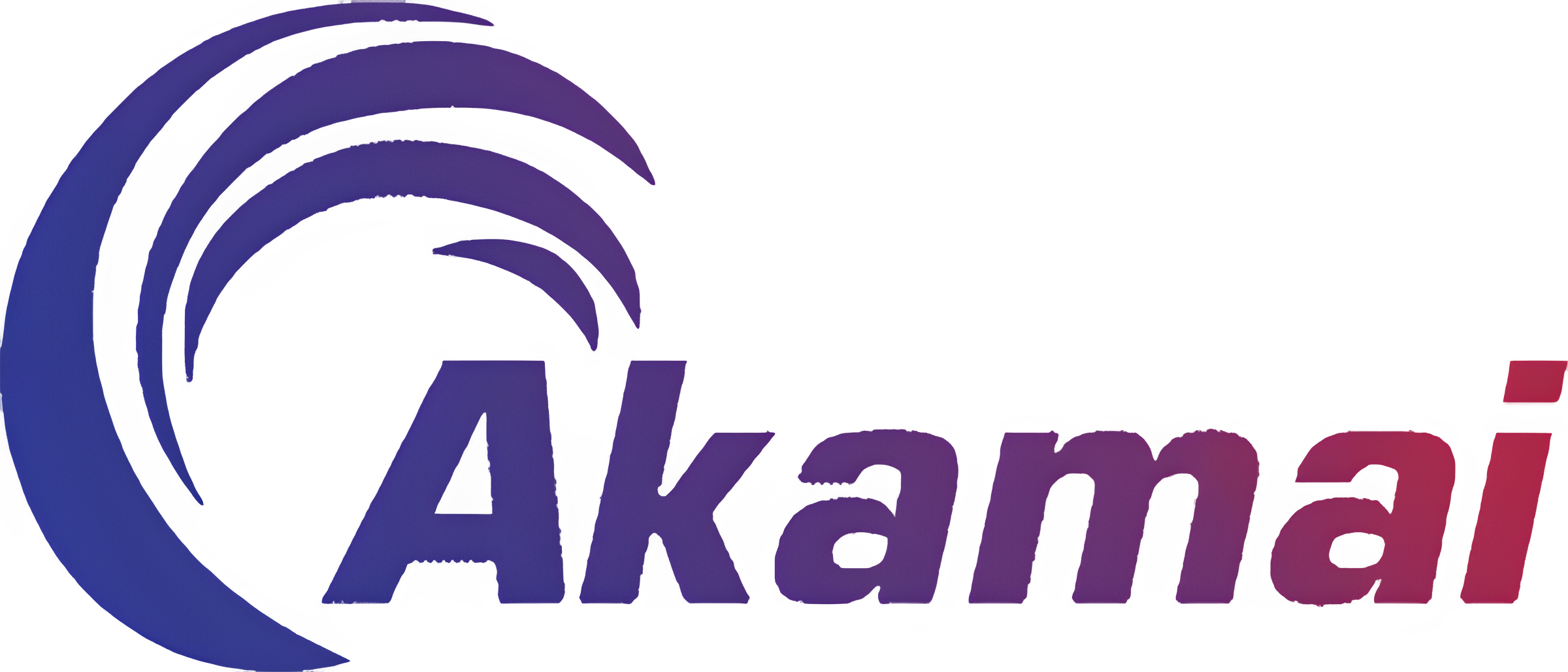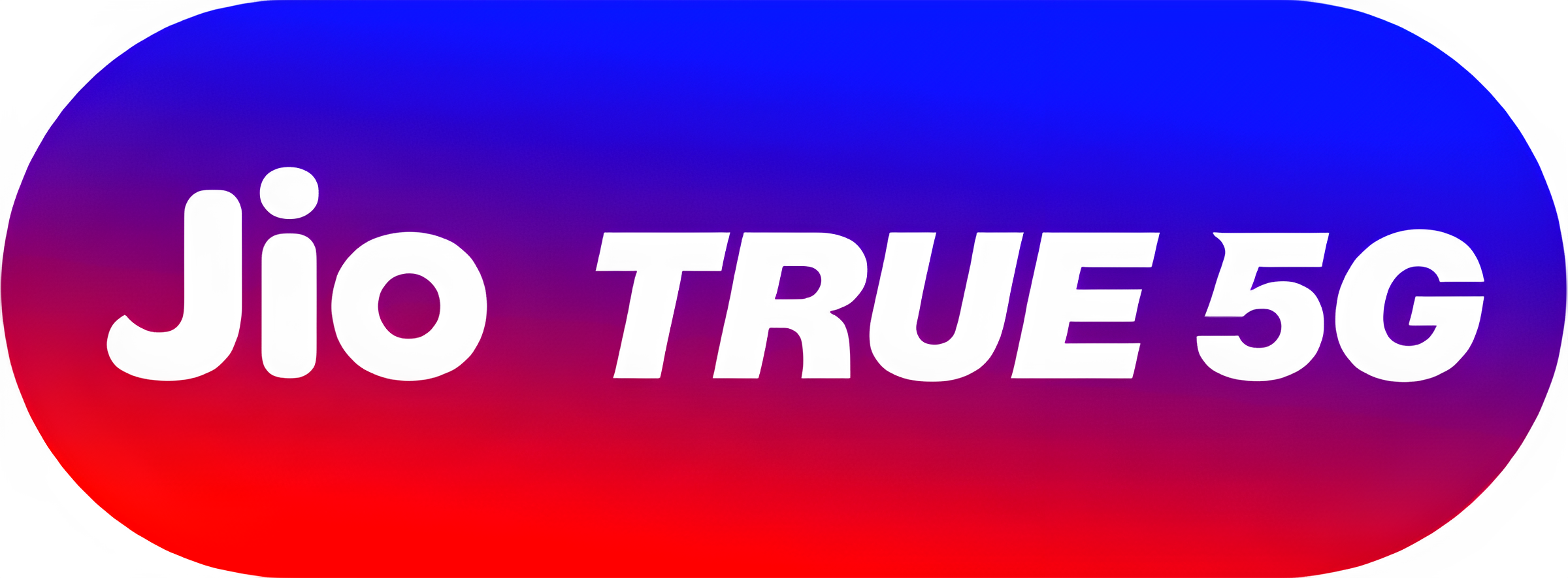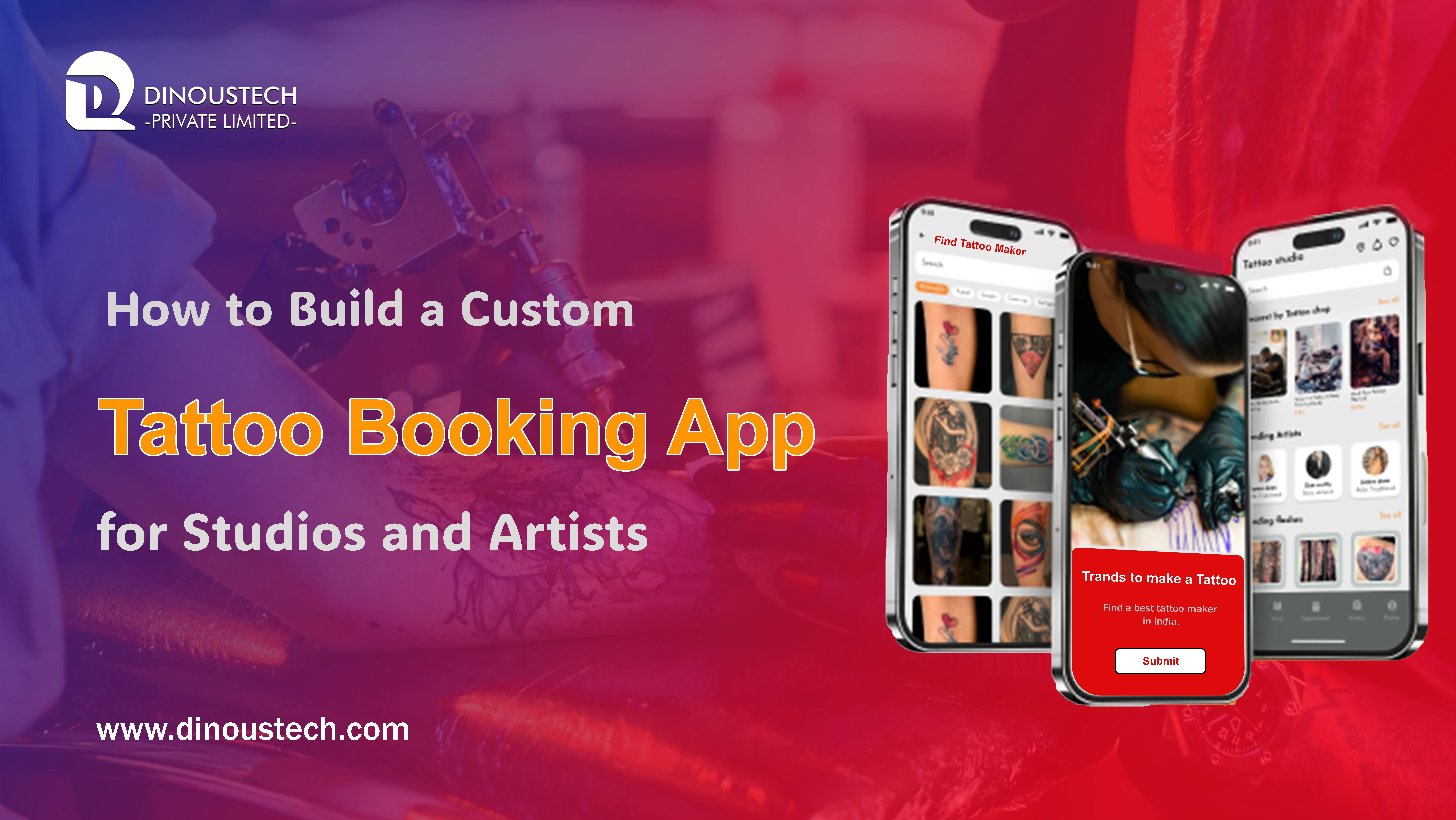How to Build a Custom Tattoo Booking App for Studios and Artists
In today’s digital age, the tattoo industry is evolving beyond walk-in appointments and phone calls. Tattoo studios and independent artists are embracing technology, using mobile apps to streamline bookings, manage client relationships, and showcase their portfolios. A dedicated Tattoo Booking app development solution provides users with the convenience of browsing artists, viewing designs, and scheduling sessions—all from their smartphones. For studios aiming to stand out and improve operational efficiency, investing in a custom app is a strategic move. At Dinoustech Private Limited, a best software development company and best mobile app development company, we specialize in creating tailored booking applications that meet the unique needs of tattoo professionals.
The Growing Demand for Tattoo Booking Apps
Tattoo culture has grown exponentially, driven by social media exposure and shifting perceptions of body art. As demand surges, studios face challenges like double bookings, no-shows, and difficulty maintaining client records. High-volume search terms such as “tattoo booking app,” “tattoo appointment scheduler,” and “tattoo studio app” indicate a clear market interest. By offering a seamless booking experience, studios can attract new clients, retain loyal patrons, and optimize daily schedules. Beyond convenience, a well-designed app serves as a brand ambassador, showcasing artists’ work, sharing client reviews, and promoting seasonal offers. As clients increasingly expect on-demand services, studios that leverage tattoo booking app development gain a competitive edge.
Key Features of a Custom Tattoo Booking App
A robust tattoo booking app must address the core requirements of both studios and clients. Essential features include a searchable directory of artists, complete with high-resolution portfolios and client testimonials. Users should be able to filter artists by style—such as realism, watercolor, or traditional—ensuring they find the perfect match. Appointment scheduling must integrate calendar views, enabling clients to choose desired dates and time slots. Real-time availability checks reduce the risk of double bookings. For enhanced user engagement, push notifications remind clients of upcoming sessions, follow-up care instructions, or promotional events.
On the backend side, studios need an intuitive dashboard to manage bookings, track artist schedules, and handle customer communication. Secure payment processing—through integrations with Stripe, PayPal, or regional gateways—allows clients to place deposits or pay in full. Integrating social sharing options empowers clients to post their new tattoos directly to Instagram or Facebook, serving as free marketing. For feedback loops, clients can rate their experiences and leave reviews, assisting artists in building credibility. A custom website development company like Dinoustech ensures these features transition seamlessly between the web portal and mobile interfaces, providing a cohesive brand experience.
Designing an Intuitive User Experience
User experience (UX) and user interface (UI) design are critical in tattoo app adoption. Many clients seek inspiration online before selecting an artist, so the app must highlight visuals prominently. Landing pages should feature rotating galleries of top artists, client testimonials, and quick-access buttons for booking or exploring portfolios. For filtering, intuitive menus allow users to sort artists by location, style, availability, or pricing. Once a user selects an artist, the booking flow should minimize steps—allowing for quick date selection, design notes, and payment in under a minute. As an affordable web designing company, Dinoustech’s design team focuses on accessible layouts with high-contrast images, readable fonts, and responsive elements. A mobile-first approach ensures the app functions smoothly on various screen sizes, accommodating busy clients who might book appointments between errands or during downtime.
Crafting the Ideal Technology Stack
Selecting the right technology stack underpins the app’s performance, security, and scalability. For the frontend, cross-platform frameworks like React Native or Flutter enable faster delivery on both iOS and Android devices, while maintaining near-native performance. For studios requiring advanced AR features—such as virtually previewing a design on a client’s skin—native development with Swift (iOS) or Kotlin (Android) may be necessary. On the backend, serverless architectures using AWS Lambda, Google Cloud Functions, or Azure Functions offer cost-effective auto-scaling as user demand fluctuates. For real-time chat features—connecting clients with artists—WebSocket implementations or Firebase Realtime Database provide low-latency messaging.
Relational databases like PostgreSQL or MySQL securely store user profiles, appointment histories, and portfolio images, while NoSQL databases such as MongoDB can handle unstructured data like client reviews and chat logs. Caching layers using Redis reduce latency for frequently accessed queries, such as fetching artist availability. At Dinoustech, our teams match project requirements to an optimal stack, ensuring a best software development company solution that balances cost, performance, and maintainability. Authentication flows rely on OAuth2 or JWT tokens for secure session management, with optional biometric logins (fingerprint, Face ID) to streamline access.
Integrations and Third-Party Services
A fully featured tattoo booking app requires seamless integrations with third-party services. For payments, integrating with Stripe, PayPal, or local gateways—such as Razorpay or Paytm in India—ensures secure, PCI-compliant transactions. Real-time calendar syncs with Google Calendar or Microsoft Outlook allow artists to avoid scheduling conflicts. Push notification services—Firebase Cloud Messaging, OneSignal—keep clients informed about appointment reminders, session confirmations, or promotional events. For image storage and delivery, leveraging AWS S3 or Google Cloud Storage with a CDN like CloudFront or Cloudflare ensures fast, reliable access to high-resolution artist portfolios.
Social media integrations—using Facebook SDK or Instagram Graph API—enable one-click sharing of newly inked designs, boosting organic reach. Analytics dashboards powered by Mixpanel, Amplitude, or Google Analytics for Firebase offer insights into user behavior, popular styles, and booking trends. A custom website development company such as Dinoustech manages these integrations, ensuring data flows smoothly between components and third-party APIs, enhancing app functionality without compromising security.
Monetization Strategies for Tattoo Booking Apps
Tattoo booking apps can adopt multiple monetization models to sustain growth. A commission-based approach—where the platform charges a small percentage of each completed booking—aligns revenue directly with studio success. Subscription plans for studios unlock premium features—like advanced analytics, additional artist profiles, or marketing tools—ensuring a predictable revenue stream. Featured listings or paid promotions enable emerging artists to gain visibility in search results, tapping into clients looking for specific styles or availability.
In-app advertising, while less common in niche service apps, can be implemented judiciously: partnerships with tattoo supply brands, aftercare product companies, or local events. Promoting these ads in a non-intrusive manner—such as in a “Recommended For You” section—maintains user experience integrity. Offering digital gift cards or referral incentives encourages word-of-mouth growth, as satisfied clients share codes with friends. A best software development company like Dinoustech helps clients experiment with and optimize these models through A/B testing and data-driven iterations.
Security and Compliance Considerations
Handling personal data—such as client names, contact details, and payment information—requires strict security measures. All data in transit must be encrypted via TLS/SSL protocols, while sensitive data at rest—user credentials, Stripe tokens—should be stored using AES-256 encryption. Implementing OAuth2 flows, multi-factor authentication (MFA), and biometric login options further secures user accounts. GDPR compliance for clients in Europe involves transparent data policies, user consent flows for data collection, and mechanisms to delete or export personal data upon request. Similarly, CCPA guidelines dictate user rights regarding data access or deletion for California residents.
For artists, storing business-related data—such as service catalogs, pricing, and client histories—also demands secure role-based access controls (RBAC). Regular penetration testing, vulnerability assessments, and automated security scans (such as OWASP ZAP) detect and remediate threats before they escalate. At Dinoustech, our security-first approach ensures that every aspect—from mobile frontends to backend microservices—follows industry best practices, safeguarding both clients and service providers.
Ensuring Scalability and Performance
As the app gains traction, handling increased traffic and data loads becomes paramount. Leveraging cloud-native architectures—such as containerization through Docker and orchestration via Kubernetes—facilitates horizontal scaling across server instances. Load balancers distribute incoming requests evenly, while auto-scaling groups adjust compute resources in response to real-time traffic spikes (e.g., during promotional periods or holiday seasons). For the database layer, a read-replica setup or sharding strategy ensures that read-heavy operations—like browsing portfolios or fetching search results—do not bottleneck performance.
Implementing caching strategies—using Redis or Memcached—reduces latency for frequently accessed data, such as artist profiles or availability calendars. Monitoring tools like Prometheus and Grafana provide real-time insights into CPU usage, memory consumption, and API response times, alerting DevOps teams to potential performance degradation. A CDN accelerates static asset delivery, ensuring that images, videos, and stylesheets load quickly across geographical regions. By partnering with a best mobile app development company, studios can ensure their app remains performant and reliable as the user base grows.
UX/UI Principles for Tattoo Booking Apps
Visual design significantly influences user engagement in a tattoo context, where aesthetics matter deeply. An affordable web designing company can help craft a brand identity that resonates with the tattoo community—using dark-themed color palettes, bold typography, and high-resolution images that showcase artists’ portfolios. Navigation flows should highlight key sections—Artist Directory, Booking Calendar, Pricing, and Reviews—accessed with minimal taps.
Interactive elements, such as swipe-to-browse portfolios and pinch-to-zoom high-resolution images, allow users to explore intricate designs. Simple drag-and-drop date selection in the booking calendar streamlines appointment scheduling. Micro-interactions—like subtle animations when confirming a booking or adding a favorite artist—provide satisfying feedback. Accessibility considerations—color contrast ratios, screen-reader compatibility, and responsive layouts—ensure that all users, regardless of ability, can navigate the app effortlessly. At Dinoustech, our UX/UI teams combine industry-leading research with user testing to deliver interfaces that balance form and function, building trust and driving app retention.
Testing and Quality Assurance
Thorough testing is essential to deliver a flawless user experience. Automated unit tests—covering core functions like login flows, booking logic, and payment processing—catch regressions early. Integration tests verify interactions between microservices, databases, and third-party APIs. Manual exploratory testing uncovers edge cases, such as overlapping bookings or invalid date selections on the calendar. Usability testing with real users—potential clients and tattoo artists—provides invaluable feedback on navigation, design clarity, and feature intuitiveness.
Performance testing—using tools like JMeter or Gatling—simulates load scenarios to ensure the app can handle thousands of concurrent users without crashing. Security testing, including penetration tests and OWASP Top 10 scans, identifies vulnerabilities such as SQL injection, cross-site scripting (XSS), and insecure authentication flows. By partnering with a best software development company, clients benefit from rigorous QA processes that minimize bugs and provide a stable, secure application at launch.
Launch Strategy and Marketing Tactics
A successful launch requires a comprehensive marketing plan. Begin with App Store Optimization (ASO): research high-volume search terms such as “tattoo booking app,” “book tattoo appointment,” and “tattoo studio near me.” Optimize the app’s title, subtitle, and keywords to ensure maximum visibility. Engaging visuals—icon design, feature screenshots, and a concise but compelling app description—encourage downloads.
Leverage social media platforms—Instagram, TikTok, and Pinterest—where tattoo artists and enthusiasts are highly active. Collaborate with influencers in the tattoo community to showcase live booking demos and user testimonials. Paid advertising on Facebook and Google Ads, targeting location-based keywords, helps reach local clients searching for “tattoo near me” or “tattoo artist booking.” Partnering with local studios to offer exclusive app-based discounts incentivizes new users. Email campaigns to existing studio clients announce the app’s launch, providing direct download links and highlighting unique features—such as instant booking availability or exclusive design previews.
Once the app gains initial traction, continue engaging users with push notifications for limited-time offers—discounted flash tattoo slots or artist spotlight events—and feature updates that address community feedback. Monitoring early user reviews and responding promptly to bug reports or feature requests fosters a positive reputation and encourages word-of-mouth referrals.
Post-Launch Maintenance and Continuous Improvement
Launching the app is only the beginning. Regular updates—introducing new features like tattoo aftercare reminders or AI-driven design suggestions—keep users engaged. Analytics dashboards reveal usage patterns: which artists receive the most bookings, most popular tattoo styles, or peak booking times. Leveraging these insights, studios can adjust staffing levels, optimize pricing strategies, or tailor promotions to drive demand during off-peak hours.
Maintenance tasks include updating third-party dependencies, patching security vulnerabilities, and refining performance hotspots identified through monitoring tools. Gathering continuous user feedback—through in-app surveys or feedback forms—guides product roadmaps. As new mobile OS versions are released, the app requires compatibility updates to ensure seamless operation. A best mobile app development company like Dinoustech offers dedicated support and maintenance packages, enabling studios to focus on artistry and client relationships while we handle technical upkeep.
Conclusion
Building a custom tattoo booking app for studios and artists offers a transformative opportunity to modernize operations, extend market reach, and elevate brand presence. By integrating key features—such as artist directories, real-time availability, secure payment gateways, and personalized portfolios—businesses can deliver an exceptional client experience that sets them apart. Collaborating with a proven partner—a custom website development company, affordable web designing company, best mobile app development company, and overall best software development company—ensures that both frontend and backend solutions align with industry best practices.
At Dinoustech Private Limited, we combine deep technical expertise with a passion for innovation to create tattoo booking platforms that help studios flourish in the digital era. Whether you’re an established studio seeking to streamline schedules or an independent artist aiming to attract new clients, a custom tattoo booking app unlocks new avenues for growth and client satisfaction. Embrace the future of tattoo booking app development and empower your business to thrive in a competitive, tech-driven landscape.

















